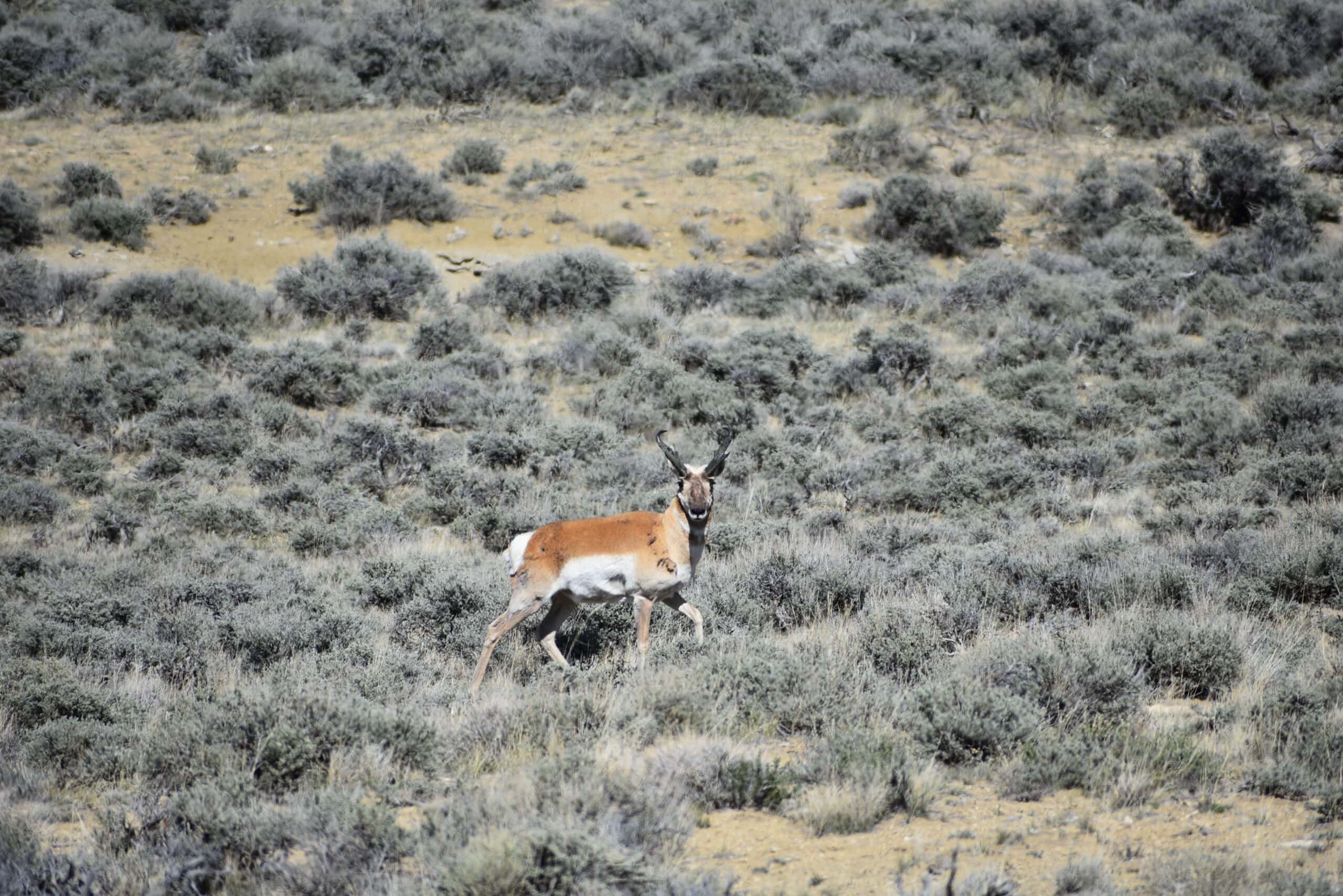Share this article
TWS issues testimony on Agriculture appropriations
As a part of TWS’ continual involvement in the federal appropriations process, the Society submitted written testimony to Congressional Appropriations Subcommittees on Agriculture, Rural Development, Food Administration and Related Agencies in both the House and Senate.
Within the testimony, TWS prioritized the funding levels of the Animal and Plant Health Inspection Service (APHIS), Natural Resources Conservation Service (NRCS), National Institute of Food and Agriculture (NIFA), and the Farm Service Agency (FSA). Funding recommendations were based on the president’s budget request, and the Society’s own assessment on funding needs to support the work of wildlife professionals.
Among the recommendations, TWS requested that Congress significantly improve funding allotments proposed for Wildlife Damage Management, a program within APHIS’ Wildlife Services unit.
The Wildlife Damage Management program is responsible for resolving human and wildlife conflicts, which TWS recognizes as an important part of wildlife management. The fiscal year (FY) 2017 proposed budget included a $15 million decrease in funding from the FY 2016 enacted level. TWS proposed that Congress fund the program at greater than $90 million, which was the FY 2015 funding level.
TWS’ testimony also requested that Congress fund Farm Bill conservation programs, like the Agricultural Conservation Easement Program and the Environmental Quality Incentives Program, to levels that were mandated by the 2014 Farm Bill. Both programs help enable landowners to conserve natural resources, which ultimately benefit wildlife habitats. These programs have high demand but USDA is unable to meet program needs at current levels of funding.
TWS encourages member and chapter engagement with policy activities at the national, regional, and local levels through the Conservation Affairs Network.
Header Image: In the past, Farm Bill conservation program funds have gone to enabling farmers to plant milkweed and other vegetation that help Monarch butterflies. Monarch butterflies are being considered for listing under the Endangered Species Act. ©NRCS Oregon








